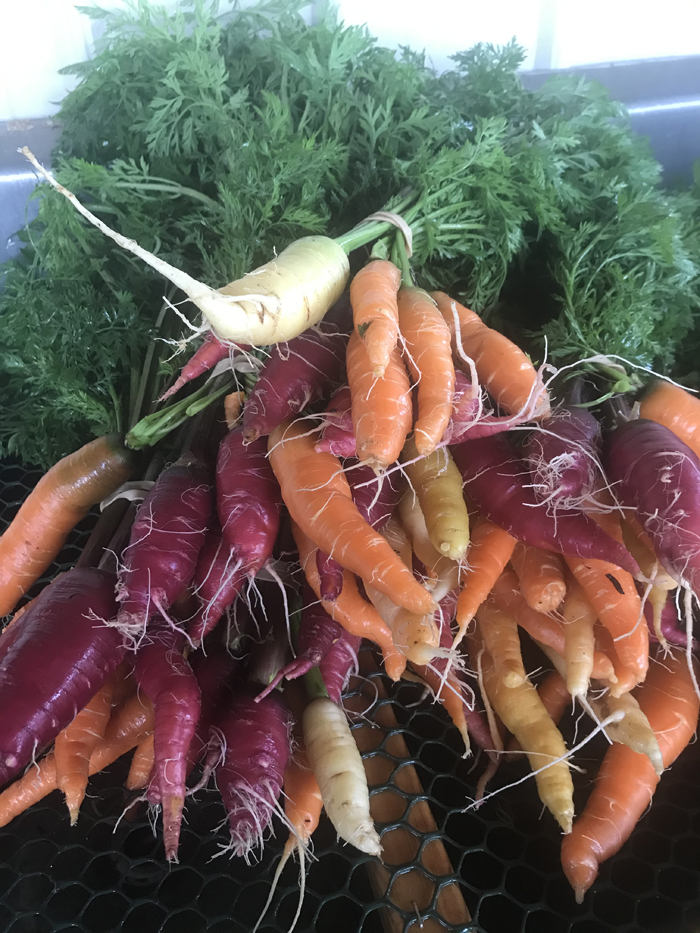Michael O. Fine column: Some vegetables are sweeter after a frost
Published 12:00 am Sunday, December 20, 2020

- Submitted photo. Carrots are one of the most sought after of the sweet root vegetables in the dead of winter
By Michael O. Fine
N.C. Cooperative Extension
SALISBURY — Establishing a robust winter vegetable garden in the early fall can pay off big during the dead of winter when most folks are finished harvesting for the year.
Not only do winter-hardy vegetables provide nutritious meals in the wintertime, but also provide some of the sweetest vegetables of the season.
The 16 most winter-hardy vegetables for our region are:
Root crops: Beets, carrots, parsnips, radishes, rutabagas, turnips and leeks
Leafy greens: Collards, kale, Swiss chard and lettuce
Heading crops: Cauliflower, broccoli, cabbage and Brussels sprouts
Once established, these crops can withstand frost and remain edible into the late winter months.
We’ve all heard the common belief that winter vegetable crops are sweeter after the first frost, but why? The answer has to do with the plant’s natural defense mechanisms against freezing water molecules within its own cellular structure. That may sound complicated, but it’s really not.
Here is how it works:
• Plants create sugars through photosynthesis:
• These sugars are often stored as starch, which is essentially a long chain of glucose. Even though starch doesn’t taste sweet, that’s really what it is, a big chain of sugar.
• When the temperatures drop below freezing, plants have developed various responses as part of their acclimation or cold hardening processes, and one of those is to free up some of those sugars stored as starch.
• The sugars mix with the water molecules within the plant, thus lowering the freezing point of the liquid held within the cell walls. (Much like adding additives to water reservoirs in our vehicles). For vegetables, the result is a higher sugar content and a sweeter tasting vegetable!
The next time someone talks about frosty collards, sweet winter cabbage, or the extreme sweetness of a winter hardy carrot, offer some science to the conversation and, as always…. keep growing!
Michael O. Fine is Horticulture and Natural Resource Extension Agent for Rowan County as part of the N.C. Cooperative Extension.



